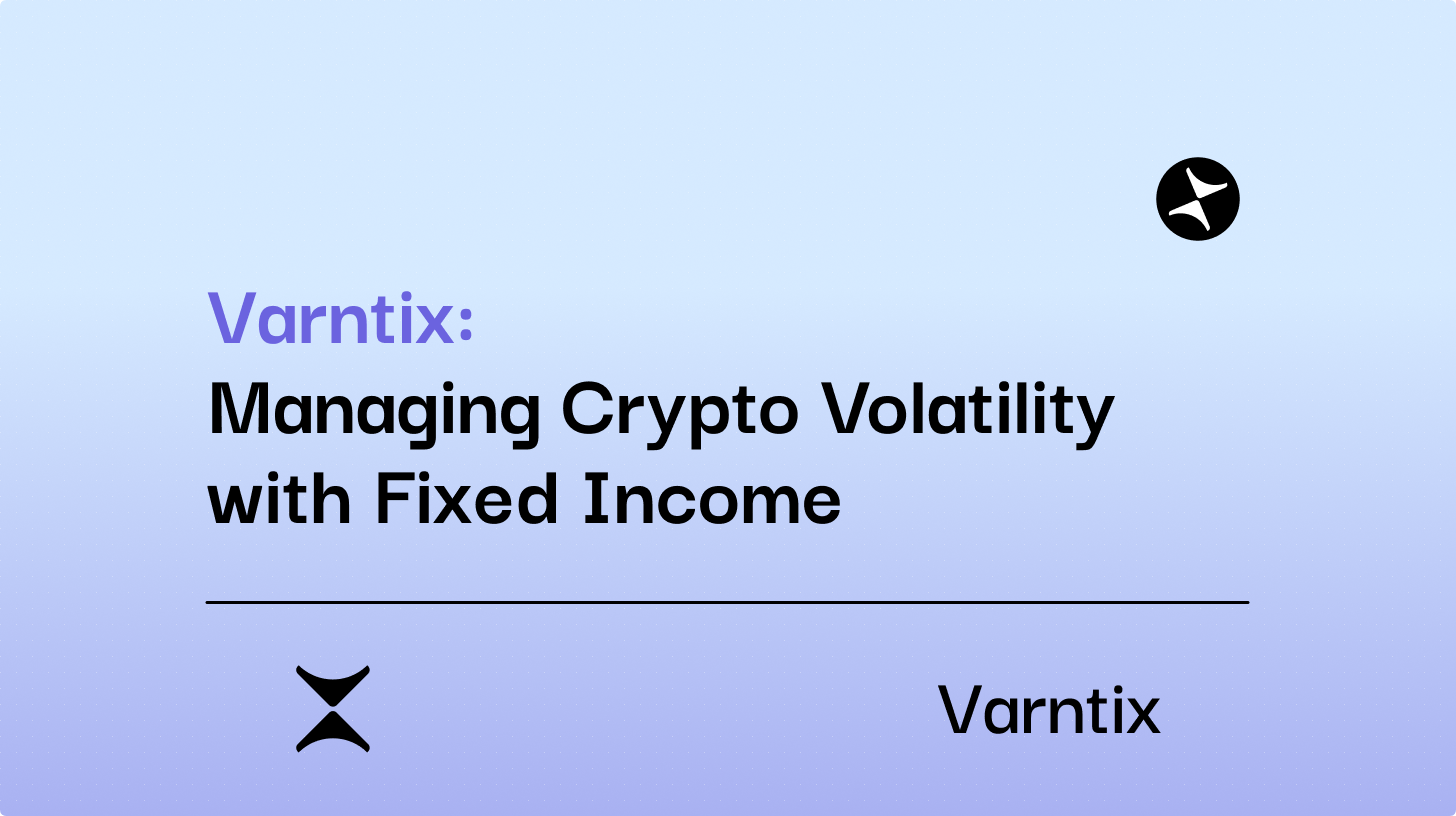Table of Contents
- Quick Overview - Understanding Oracles
- The Functionality of Oracles
- 1. Software-Based Oracles
- 2. Hardware-Based Oracles
- Obstacles and Solutions in Oracle Implementation
- 1. Ensuring Data Authenticity
- 2. Maintaining Data Integrity
- 3. Combating Sybil Attacks
- 4. Addressing Centralization Concerns
- Oracle Applications and Use Cases
- 1. DeFi: Decentralized Finance
- 2. Supply Chain Operations
- 3. Insurance Sector
- 4. Gaming and Betting Industries
- Summing Up: The Significance of Oracles









